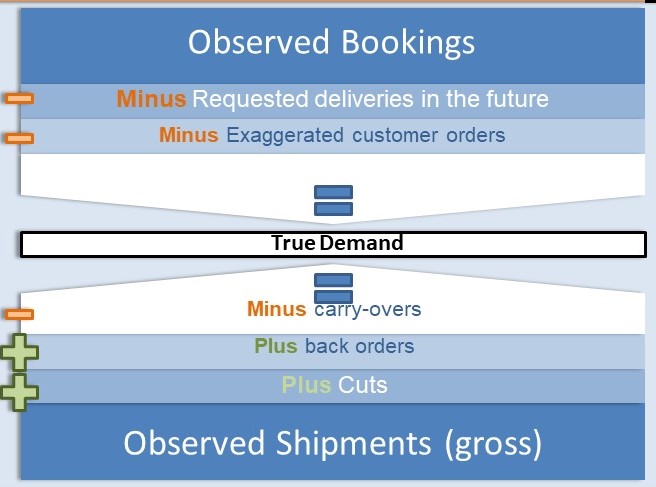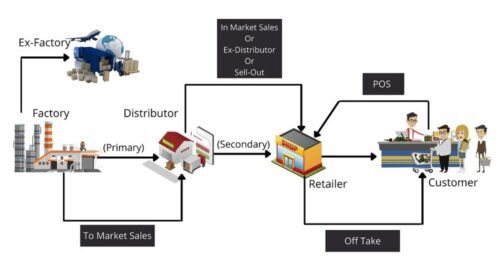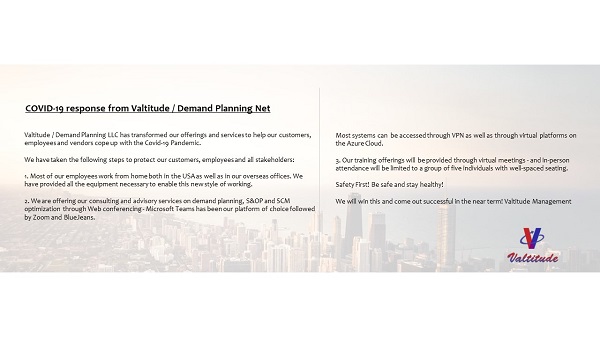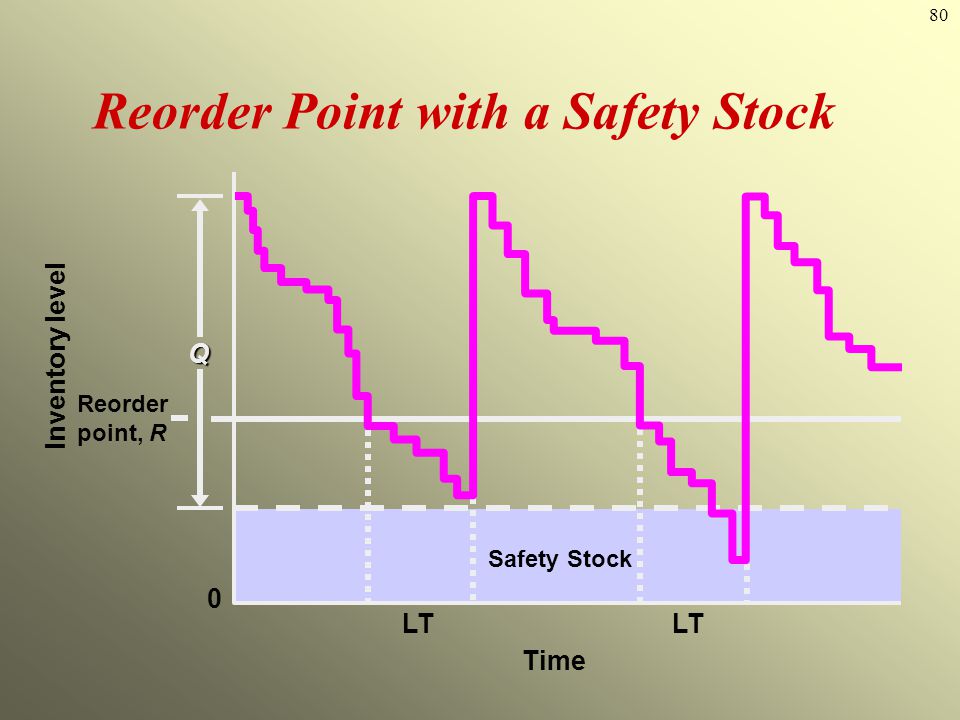How Successful Is Your Supply Chain?
Key factors for a successful supply chain –
- Product Assortment
- Visibility to Customer Wants and Needs
- Ability to successfully modify customer demand
- Inventory Management
- Supplier Relationship Management
Product Assortment defines the success of a company. To better manage product assortment, we need to identify and segment the product offerings based on various parameters like gross margin, net margin, volume of sales in quantity, dollar revenue generated, demand pattern and volatility, criticality to business/customer etc. There can be many more parameters that can be used to segment and categorize to analyze and optimize the product portfolio. Focusing on the right set of products is essential – this means planning well for products that are essential for business and generate bulk of revenues and profits, and strategizing for products that are on the long-tail. SKU RATIONALIZATION is an effective strategy to optimize the product portfolio and increase return on investment per SKU. Product portfolio optimization is an on-going exercise to weed out the non-performers and enhance the profitable ones.



Visibility to Customer wants and needs – it is important that business be close to customer wants and needs. This includes – what, when, why, how much, substitutions, price etc. Sales and Marketing team will have this information for near future. Flow of this information at the correct level to forecasting team can add good insight to sales forecast, at least for near future. When I say correct level of information it means the level that makes sense – ‘Brand A sales to increase by 20% for November 2016’ would make no sense to a demand planner. Increase in 20% over what? – YOY, Year Average, Last cycle forecast, is it a 20% increase in unit sales or revenue sales? Precise information should also include what items for a particular Brand will contribute to increase sales? Forecasting team and Sales & Marketing teams should be in sync when it comes to flow of information and the accuracy of the information.



Demand Management – refers to influencing monthly demand based on current business need and situations. This can be done in various ways and for various reasons like moving the sales from one month to another by offering a price discount to get rid of inventory of current product and launch a new product. This can only be achieved with the help of suppliers being flexible to demand fluctuations and timely information sharing and customer needs. Effective demand management can be used in the efficient implementation of strategic decisions and short term management of inventory as well.



Inventory Management – policies play an important role in determining value chain success and supply chain effectiveness. Inventory policies aim to maximize fill rates, achieve high customer service levels reducing the inventory costs at the same time. This balance is hard to achieve if the segmentation we talked about in first paragraph is not done efficiently. The policies would include decisions on safety stock, reorder point, container optimization, make-to-stock, make-to-order, make-or-buy etc. These decisions again depend on the product segmentation and demand variability, lead times, criticality to customer and customer’s willingness to wait.



Supplier Relationship Management – Suppliers are an important link in supply chain. Stronger supplier relationship means more trust and hence more collaborative effort towards supply chain growth and profitability. This is achieved by incentives for the suppliers for on time delivery, order fulfillment, flexibility with ad-hoc orders, timely information sharing etc. Benefits – reduced costs and increased efficiency, continuous improvement of operations, improved supply chain profitability



Where does your supply chain stand on these points ?
Please visit http://demandplanning.net/consulting.htm to know about our services offerings at DPLLC.
Follow Us to keep updated on our regular content in the SCM space –










